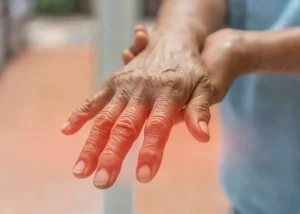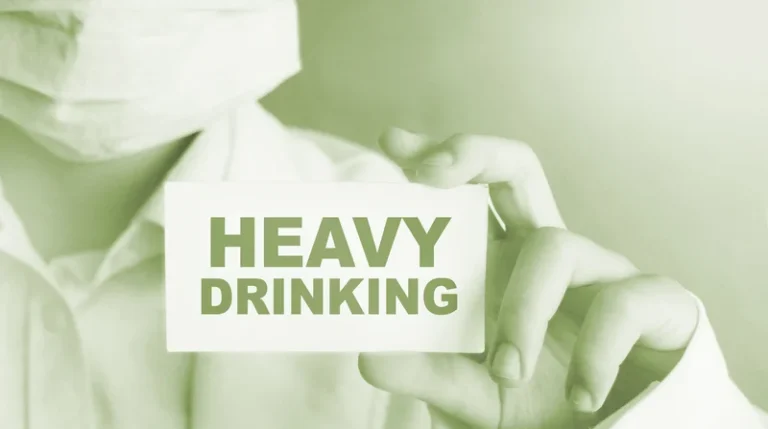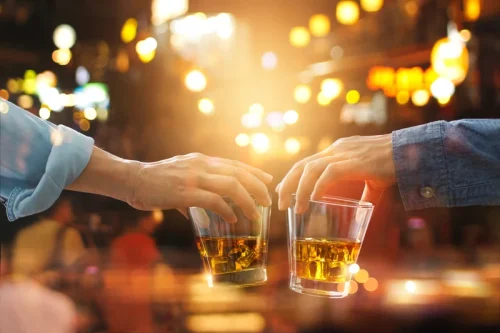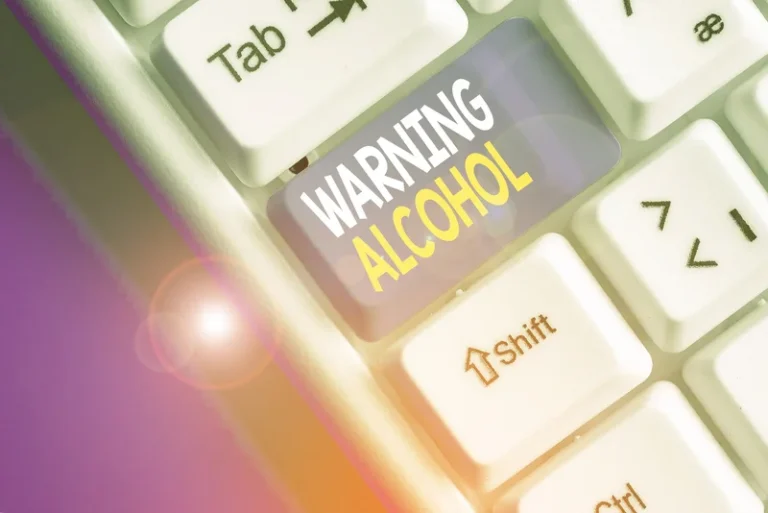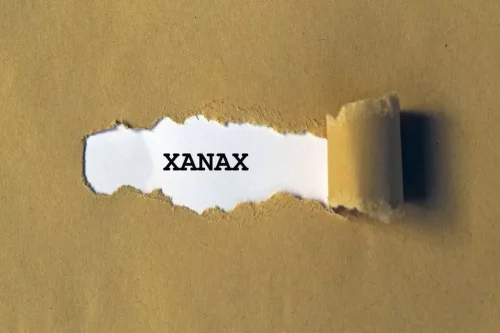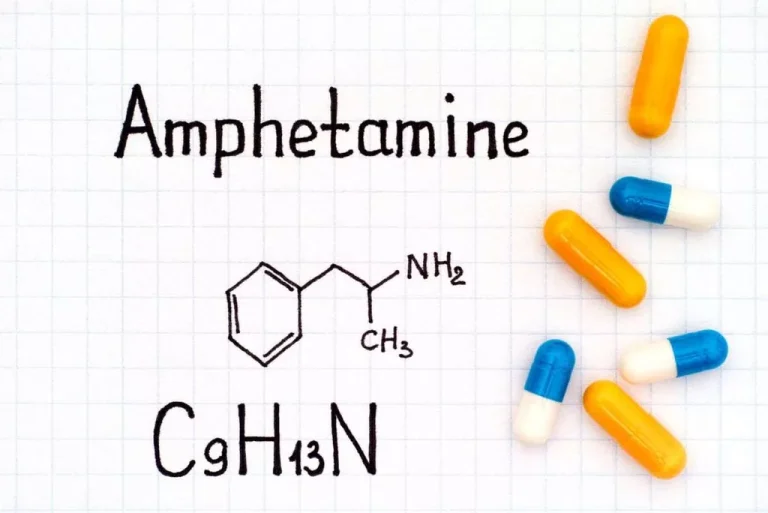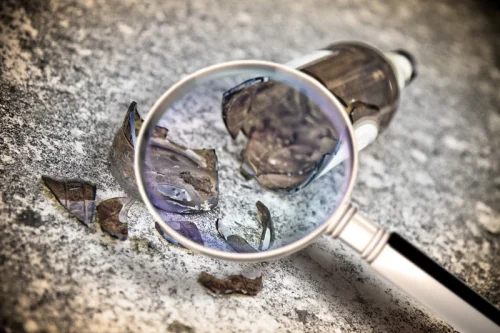However, the sneezing caused by drinking beer could also be due to an interaction between beer or alcohol and any medication you’re taking. It is important to determine whether you are allergic to a specific ingredient in the beer or if it is due to an interaction with medication. If you are experiencing any of these symptoms after consuming alcohol and you are unsure of the cause, it is recommended to raise your concerns with your doctor. Histamine intolerance occurs when an individual has too much histamine in their body. An alcohol intolerance, or ingredients like histamines in alcohol cause an allergy-like reaction in drinkers, swelling the the mucosal membranes in the nasal passages and airways. Avoiding problematic ingredients or taking a supplement to reduce acetaldehyde buildup and intolerance symptoms can help prevent nasal congestion from drinking.
- It’s essential to understand how different types of alcohol affect histamine levels and recognize that certain wines, particularly natural and orange wines, can also be problematic.
- In some people, drinking alcohol may also trigger an allergic reaction, which can cause sneezing and other symptoms.
- If you are experiencing any of these symptoms after consuming alcohol and you are unsure of the cause, it is recommended to raise your concerns with your doctor.
- While further research is needed to fully understand the genetic factors involved, studies have suggested a possible link between certain genes and alcohol-induced sneezing.
This stimulation could lead to sneezing, particularly in individuals who have a hypersensitive trigeminal nerve. There is no conclusive evidence to suggest that alcohol-induced sneezing is inherited. It appears to be a unique reaction experienced by individuals based on their own sensitivities. Applying a cold compress to your nose will help to soothe the mucous membranes in your nose and reduce inflammation. Rinsing your nose with salt water or a saline solution will help to soothe the mucous membranes in your nose and reduce inflammation. In this article, we’ll explore why sneezing and alcohol sometimes go hand-in-hand.
Some individuals may also experience worsened sleep patterns, with alcohol allergies potentially aggravating insomnia caused by other allergies. It’s important to seek medical advice if you suspect why do i sneeze when i drink alcohol you have an alcohol allergy to manage your symptoms and prevent serious reactions. Most alcoholic beverages contain histamine, but red wine stands out for its high levels and its ability to promote histamine release. Symptoms of intolerance may include itching, hives, swelling, and difficulty breathing, especially when consuming beer, which also contains histamine.
How to Lower Your Risk of Asthma and Allergy Symptoms?
Overall, the 20-minute rule represents a straightforward yet impactful tweak to drinking habits that can lead to healthier choices while enjoying social settings. It can increase the sedative effects of these medications, leading to drowsiness and impaired coordination. Also, alcohol can exacerbate certain side effects of antihistamines, such as dry mouth and dizziness. Alcohol can lead to asthma attacks in some individuals, particularly those with a sensitivity or allergy to alcohol. If you suspect you have alcohol intolerance, it is best to consult a healthcare professional for an accurate diagnosis and advice.
- If you’re allergic to wine, you may notice that you sneeze more after drinking it.
- In conclusion, if you find yourself sneezing when you drink alcohol, know that you are not alone.
- Importantly, alcohol does not solely exacerbate seasonal or perennial rhinitis but can induce rhinitis symptoms in individuals predisposed to any type of this condition.
- One theory suggests that alcohol-induced sneezing may be related to nasal congestion.
Are certain types of alcohol more likely to induce sneezing?
Alcohol intolerance occurs when your body doesn’t have the proper enzymes to break down (metabolize) the toxins in alcohol. Also, if your symptoms seem to be linked to an allergy or a medication you’re taking, see your doctor. She loves scouring the internet for delicious, simple, heartwarming recipes that make her look like a MasterChef winner. Her other culinary mission in life is to convince her family and friends that vegetarian dishes are much more than a basic salad. We use a pharmacist-formulated blend of Glutathione, Dihydromyricetin, Cysteine, L-Theanine, & B Vitamins to stop alcohol flushing before it can begin.
These symptoms can occur almost immediately after ingesting beer and should be treated as severe and potentially life-threatening. Excessive acetaldehyde can lead to sickness, an irregular heartbeat and the aforementioned facial flushing. Taylor notes that sometimes an alcohol intolerance is the result of genetics. In some cases, reactions can be triggered by a true allergy to a grain such as corn, wheat or rye or to another substance in alcoholic beverages.
Not just a hangover: Know all about this hidden condition that could be making you sick after drinking.
No, alcohol-induced sneezing and alcohol flush reaction are two distinct phenomena. Alcohol flush reaction refers to facial flushing and other uncomfortable symptoms experienced by individuals who have difficulty metabolizing alcohol. In most cases, alcohol-induced sneezing is harmless and not indicative of an underlying medical condition. However, if you consistently experience severe sneezing or other concerning symptoms, it is recommended to consult a healthcare professional. Yes, individuals with pre-existing allergies or sensitivities to certain substances may be more prone to sneezing after drinking alcohol.
Does Alcohol Intensify Allergies? Unveiling the Truth
In addition to histamine, sulfites can be found in wine and beer, which may also irritate allergies for some people. Alcohol is not the only category of food/drink that can affect allergies in this way. If this sound like you or someone you know, be sure to be mindful of foods like aged cheese, bread, and other fermented products like cider that can contain histamines as well. Beer also contains histamines which could cause a reaction in some people, including sneezing and stuffy nose after drinking. An alcohol intolerance is commonly mistaken for an alcohol allergy and is often misdiagnosed.
People with histamine intolerance have decreased or inhibited enzymes that break down histamine from food. Your symptoms can also be due to an interaction between beer or alcohol and any medication you’re taking. Be sure to tell your doctor if you’re taking any medications or supplements. Alcohol intolerance occurs when your body doesn’t have the proper enzymes to break down (metabolize) the toxins in alcohol.
If you have an intolerance or sensitivity to any of these ingredients, you’ll likely react to drinking beer. Alcohol intolerance is caused by a genetic condition in which the body can’t break down alcohol efficiently. Wines, spirits on the rocks, and low-carb beer are often considered some of the least harmful alcoholic beverages. The impact of alcohol on your body and mind is largely determined by your drink choice and consumption amount. A 2019 study highlighted alcohol as a significant risk factor for liver disease, particularly cirrhosis. Experts, including doctors and dietitians, encourage moderation in alcohol intake.
Most wines don’t state their histamine content on the label, which can make it difficult to know what you’re choosing. The negative effects of alcohol on the immune system can further exacerbate allergic responses. Studies have identified a positive correlation between alcohol consumption and the risk of developing perennial allergic rhinitis, highlighting its role in allergy symptomatology. Symptoms such as sneezing, shortness of breath, and skin rashes may indicate histamine intolerance rather than a true allergy. Additionally, alcohol affects the body’s response, as it can cause nasal irritation or congestion contributing to sneezing.
This dilation occurs first in the brain, so you may feel flushed or warm after only a few sips of alcohol. The dilation then extends to blood vessels throughout your body, including those in your nose. One is that alcohol dilates blood vessels in the nose, which can cause irritation and lead to sneezing. Another possibility is that alcohol irritates the mucous membranes in the nose, causing them to swell and lead to sneezing. Sensitivity to wine appears to be due mainly to pharmacological intolerances to specific components, such as biogenic amines and sulphite additives. To help individuals manage alcohol intolerance, it is important to take smaller sips and consult a doctor if symptoms persist.
People with alcohol intolerance may experience immediate reactions, such as nasal congestion and skin flushing. Many individuals report sneezing and stuffy noses after drinking alcohol, which may be tied to alcohol intolerance or an alcohol allergy. Additionally, certain preservatives or ingredients found in alcoholic drinks can be allergens. In this article, we’ll explore why drinking alcohol commonly leads to a stuffed up nose for so many people. More importantly, you’ll discover actionable ways to stop alcohol from inflaming nasal passages so you can avoid the dreaded stuffy nose hangover. It may be due to an allergy to various ingredients in alcoholic beverages, such as grains, wheat, barley, hops, sulfites and yeast.
